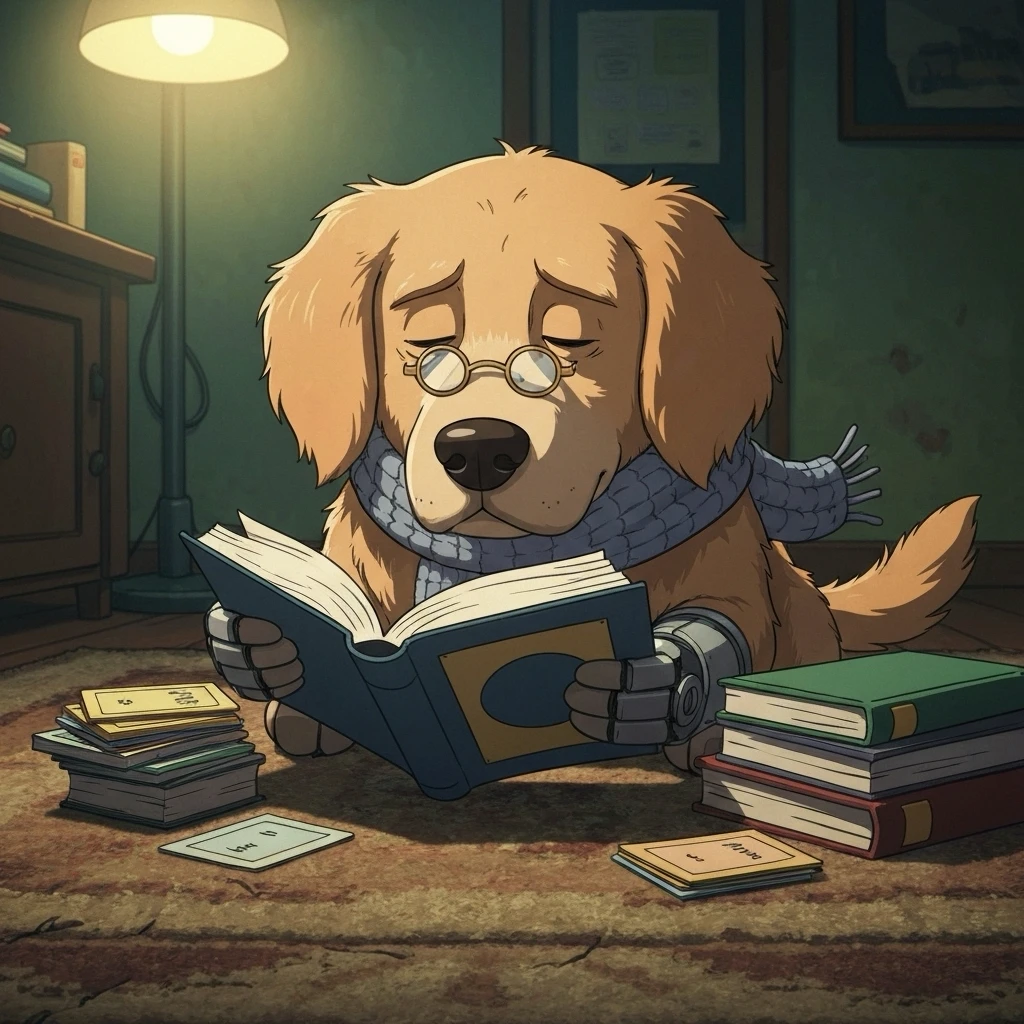Participation Points: The Original Hunger Games 🎯

Let’s be honest: participation points were the academic version of Hunger Games. One unlucky kid called on, 30 others praying their name doesn’t get drawn, and the teacher grinning like President Snow, and if you were the “eager beaver” who actually raised your hand? Congrats, you just volunteered as tribute.
Why Participation Is Basically a Game of Chance 🎲
Teachers say it’s “fair” to call on students randomly, but let’s be real: some kids get grilled five times a week while others perfect the art of making eye contact with the floor. Traditional “popcorn” calling isn’t random—Internal biases make it a socially awkward lottery with no real system.
That’s where tools like our Wheel Selector come in. Spin it, and bam!—fate decides who explains the difference between “ser” and “estar.” No bias, no favoritism, no pretending you didn’t see Johnny hiding behind his backpack.
The Psychology of Not Knowing
Here’s the good part: students pay more attention when they don’t know if they’ll be called on. It’s like waiting to see if your name gets pulled in dodgeball (except this time, the ball is a grammar question and nobody leaves with a black eye).
A fair system means students actually listen, because they can’t predict who’s next. Suspense is underrated in the classroom.
Make Participation Fun, Not Fatal
Participation doesn’t have to feel like survival training. With tools, it can feel like a game show:
- 🎡 Spin the Wheel → Who’s answering next? (Wola has an awesome wheel spinner!)
- 🎲 Roll the Dice → Bonus questions, surprise team challenges.
- 🎤 Student Takeover → Whoever gets picked gets to ask their classmates a question.
Suddenly, “being called on” feels less like doom and more like being on stage at Family Feud.
Final Word
Participation points don’t have to be the Hunger Games. They can be fair, random, and—dare we say—fun. (Katniss would approve.)
👉 Give our Wheel Selector a spin next class. May the odds be ever in your favor.